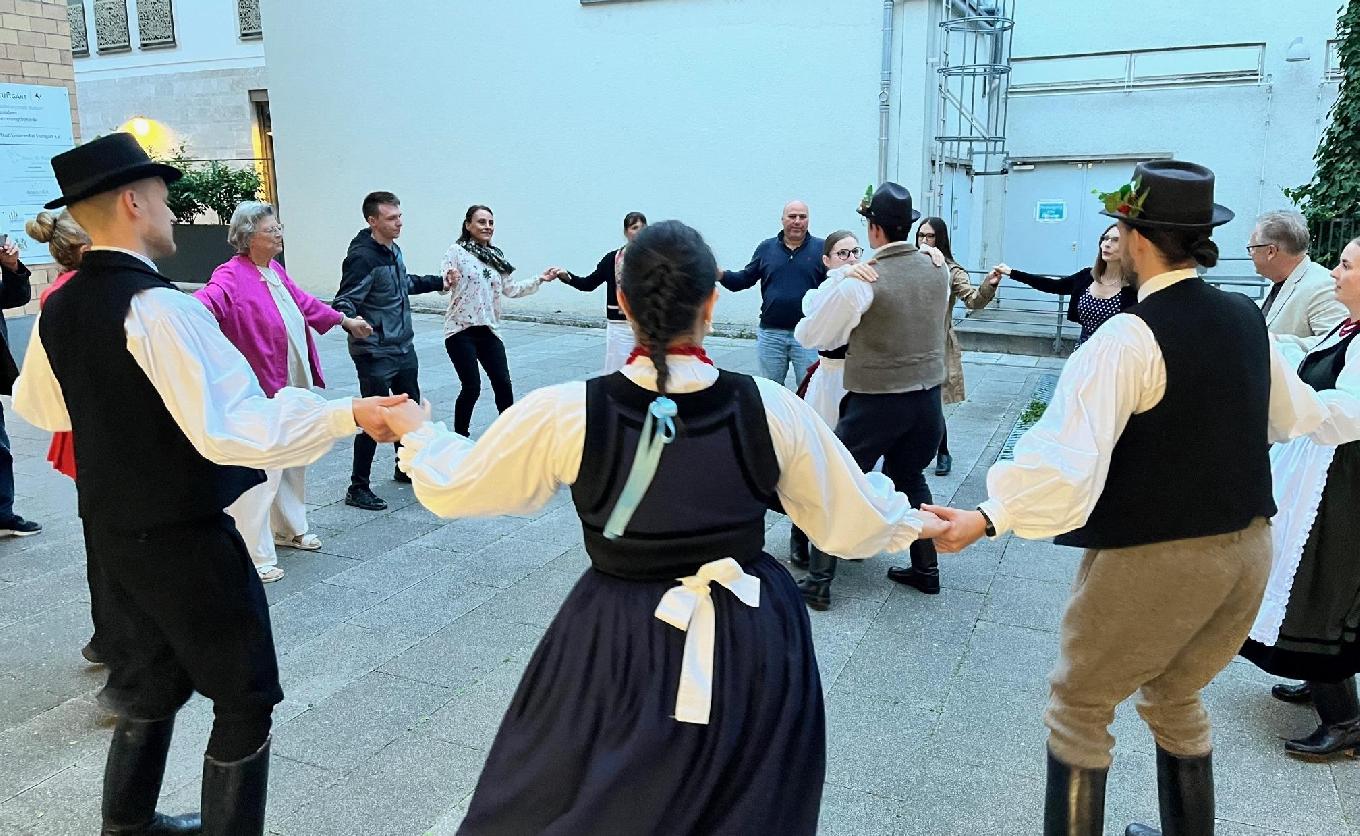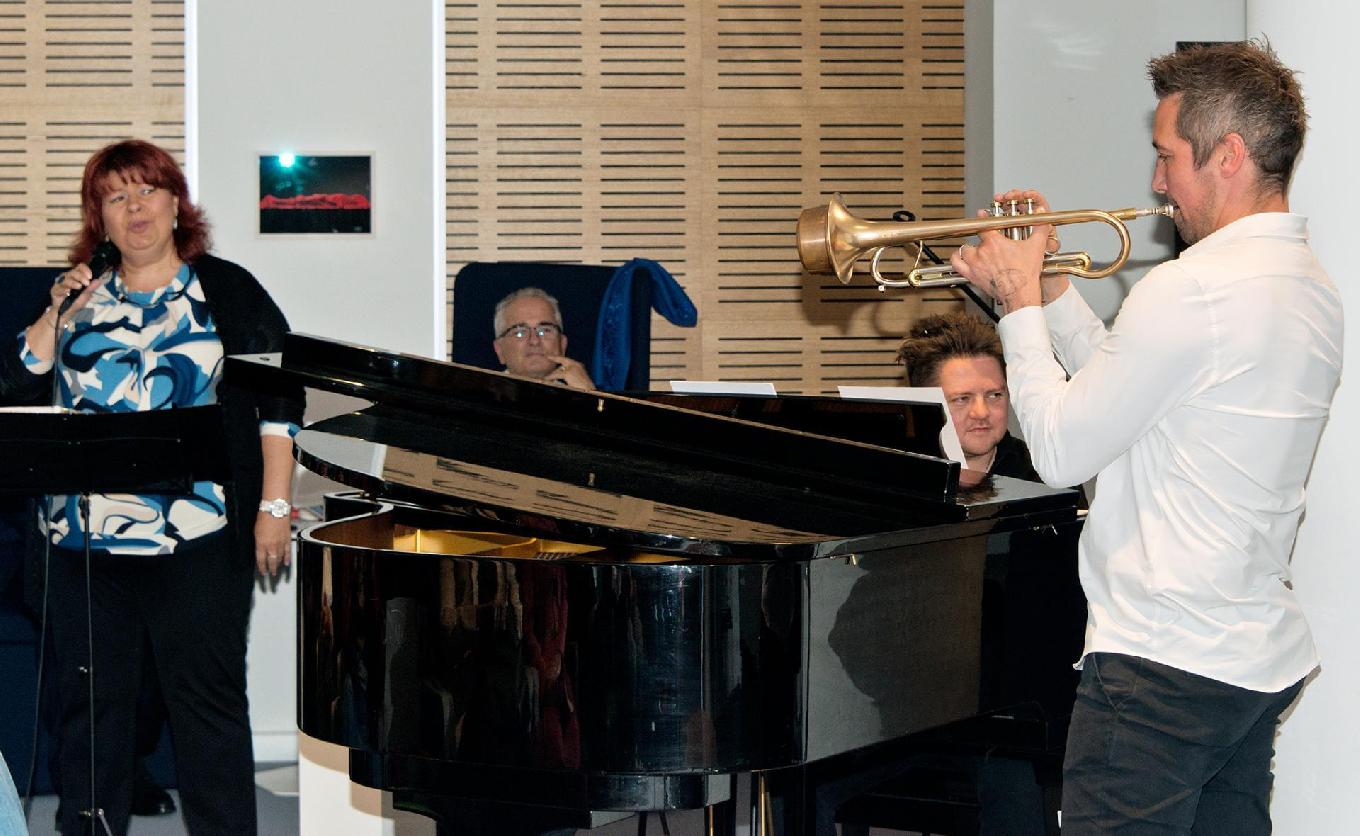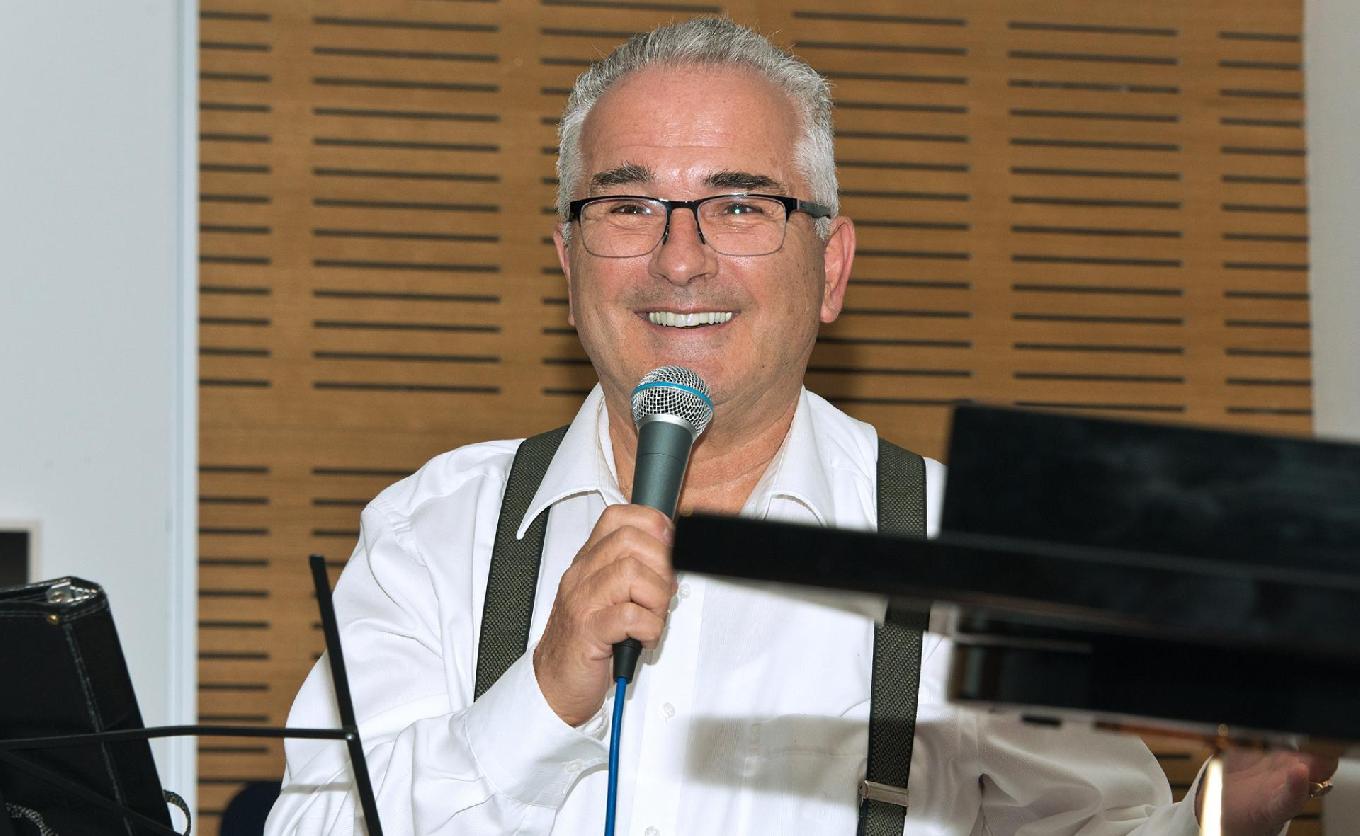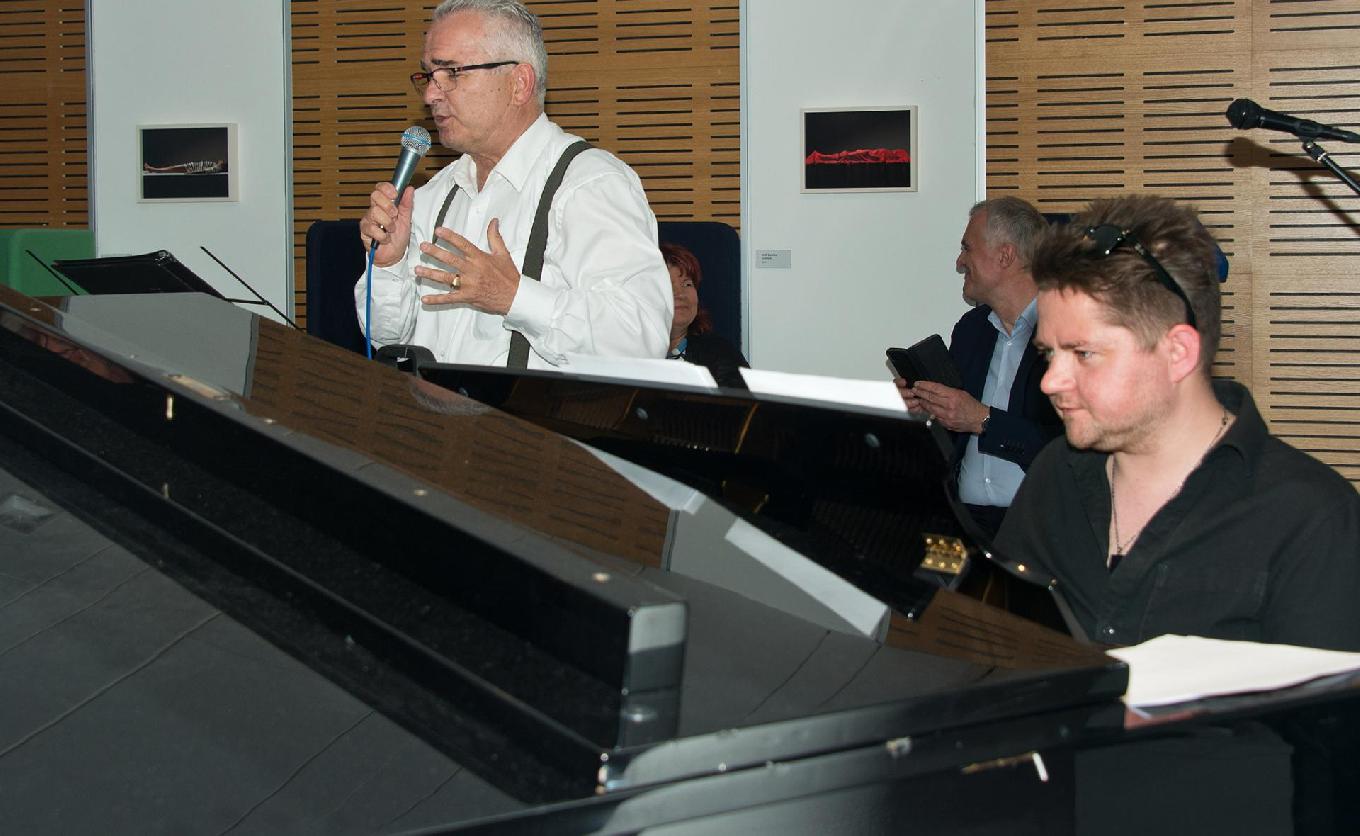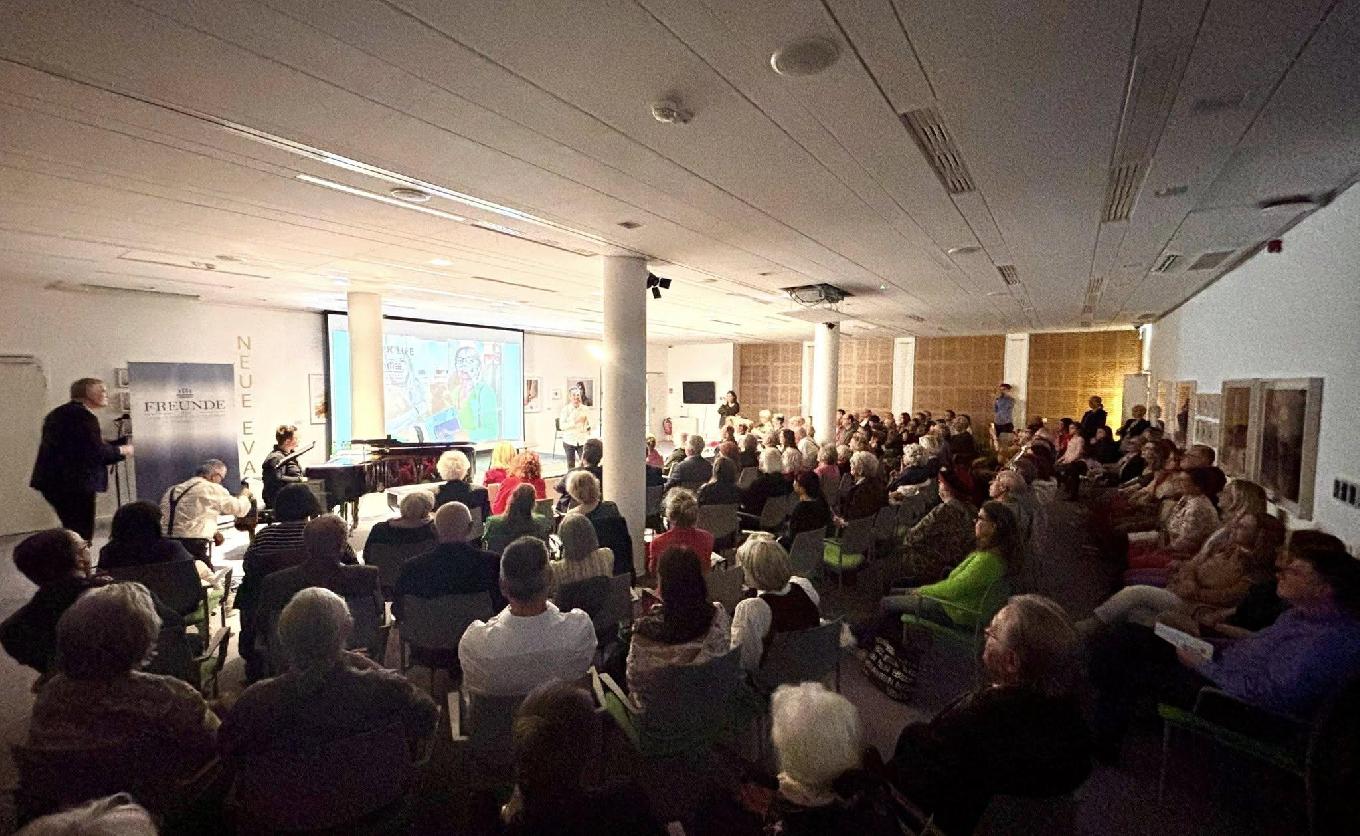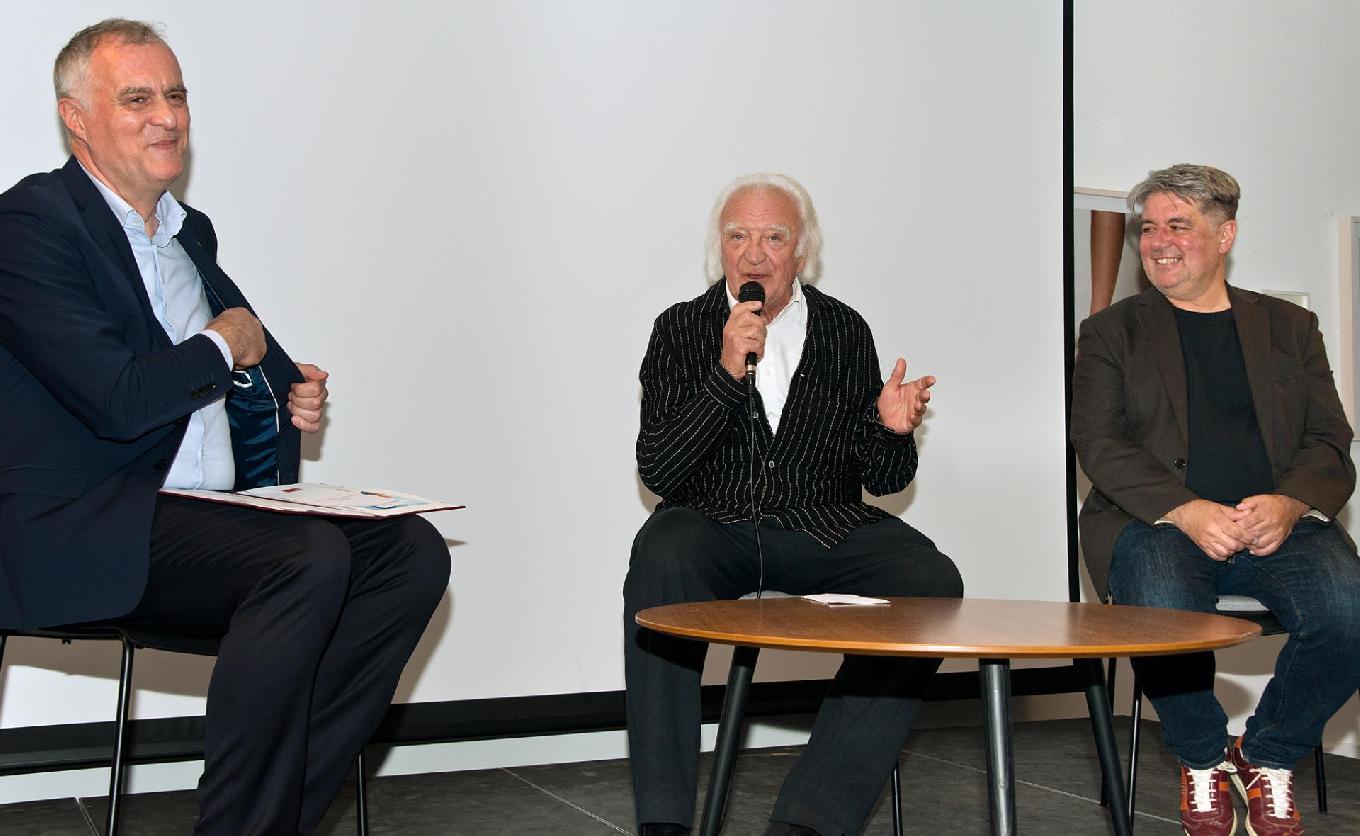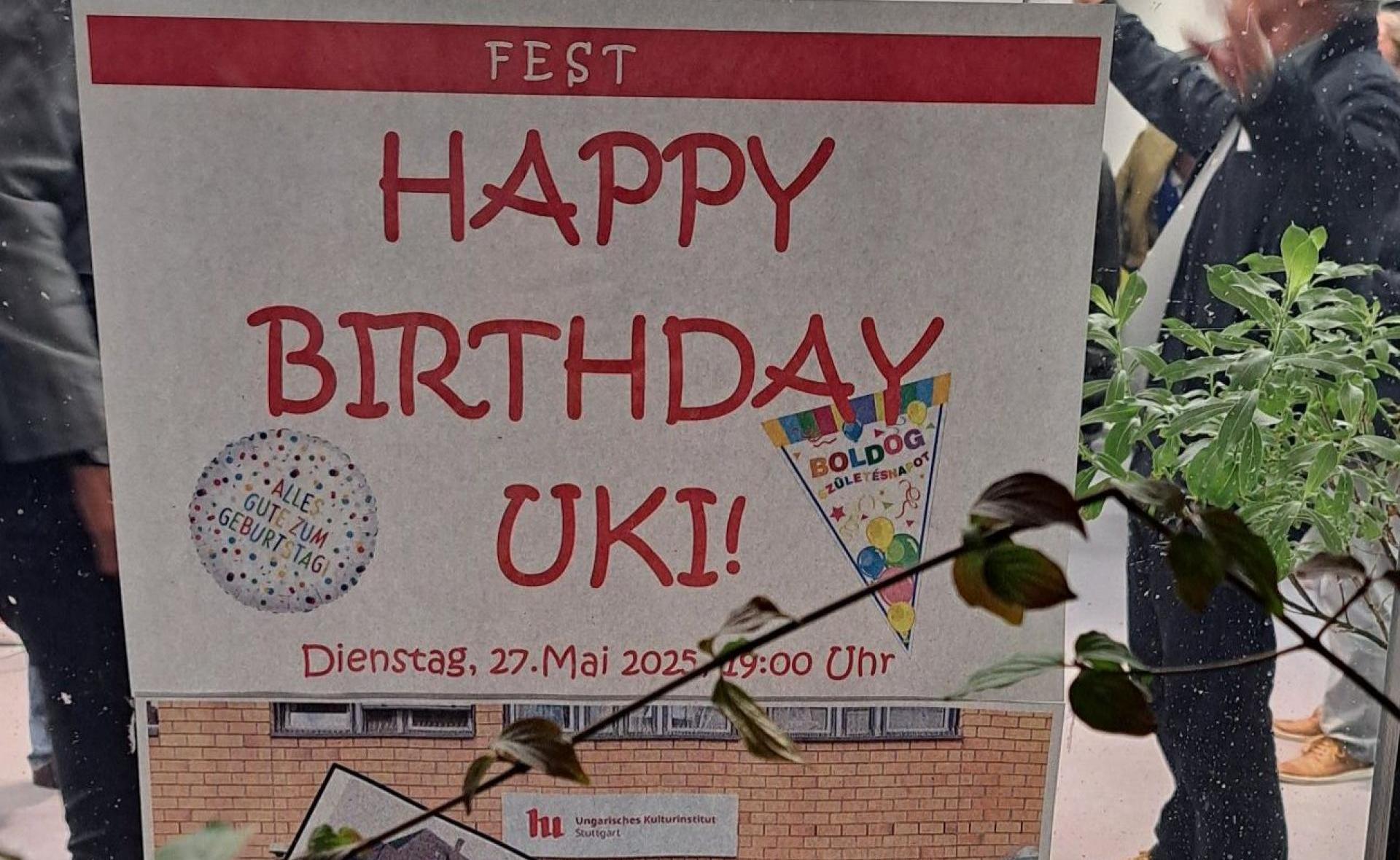
Happy Birthday, Liszt Institute Stuttgart!
On May 27, the Liszt Institute Stuttgart celebrated its 35th anniversary with a dignified, yet vibrant and festive event. This major event—the institute’s most significant of the year—not only reflected on past achievements, but also reaffirmed that Hungarian cultural diplomacy in Stuttgart remains a dynamic and inspiring community space, where Hungarian and German cultures meet, influence each other, and shape a shared future.
The celebration included a film segment recalling moments from the past, followed by a roundtable discussion. The event was further enriched by musical performances from Artisjus Award-winning pianist Erik Tempfli and trumpeter Dániel Görögh, and concluded with a standing reception.
The festive mood of the anniversary program was set by a special film segment that revisited the institute’s founding in 1990. The archival footage featured Bertalan Andrásfalvy, then Hungarian Minister of Culture; Lothar Späth, Prime Minister of Baden-Württemberg at the time; and Márton Kalász, the founding director of the institute.
In a packed hall, Dr. Dezső B. Szabó, director of the institute and the careful organiser of the anniversary program, welcomed the guests. In his address, he praised the cultural achievements of the past 35 years and mentioned each former director by name, paying special tribute to the late Márton Kalász and Gyula Kurucz. He emphasized that over the past decades, the institute has not only served as a transmitter of Hungarian culture but has also played a key role in shaping the Hungarian–German cultural dialogue.
The carefully curated program of the Liszt Institute was structured around four roundtable discussions, interspersed with musical interludes. The first discussion focused on the founding of the institute and the political transition of 1990, with retired ministerial advisor Treufried Grau and Heinz-Jürgen Schneider, who oversaw the original construction work, recalling key moments from that period. A light-hearted segment followed, with oboist Lajos Lencsés and conductor Tamás Szalay sharing amusing memories of artistic collaborations. Cristina Rizzotti of the Italian Cultural Institute and Sebastian Körber, Deputy Secretary General of the prestigious German Foreign Policy Institute, spoke about the institute’s international partnerships, highlighting its active involvement within the EUNIC cluster. The final talk was delivered by graphic artist and patron Hans Karl Zeisel, who addressed current challenges in cultural funding.
The musical segments were performed by Artisjus Award-winning pianist Erik Tempfli and trumpeter Dániel Görögh, who not only played solo pieces but also accompanied vocalists Vera Andrási, Eva Wenniges, and György Káplán. In the background, a photographic exhibition showcasing the institute’s history added a nostalgic and refreshing touch to the celebration. The event was further brightened by a performance from the Csöbörcsök folk dance ensemble, who invited attendees to join a circle dance afterwards, which was met with great enthusiasm.
Following the official program, a standing reception was held, made truly special by the community’s strength and hospitality. The refreshments included Hungarian wines, champagne, homemade pastries, and Somlói galuska prepared by a local restaurant. The success of the event was best demonstrated by the celebration that lasted until dawn: during the informal festivities, Hungarian and German songs were sung by the guests accompanied by pianist Erik Tempfli.
The event — the Liszt Institute’s largest cultural undertaking of the year — exceeded all expectations. The heartfelt feedback from invited guests and the audience, the full house attendance, and the exceptionally uplifting atmosphere made it clear that the Liszt Institute Stuttgart continues to be a vital bridge between Hungarian and German cultures. The celebration was a genuine success — an evening that will be remembered for a long time to come.

